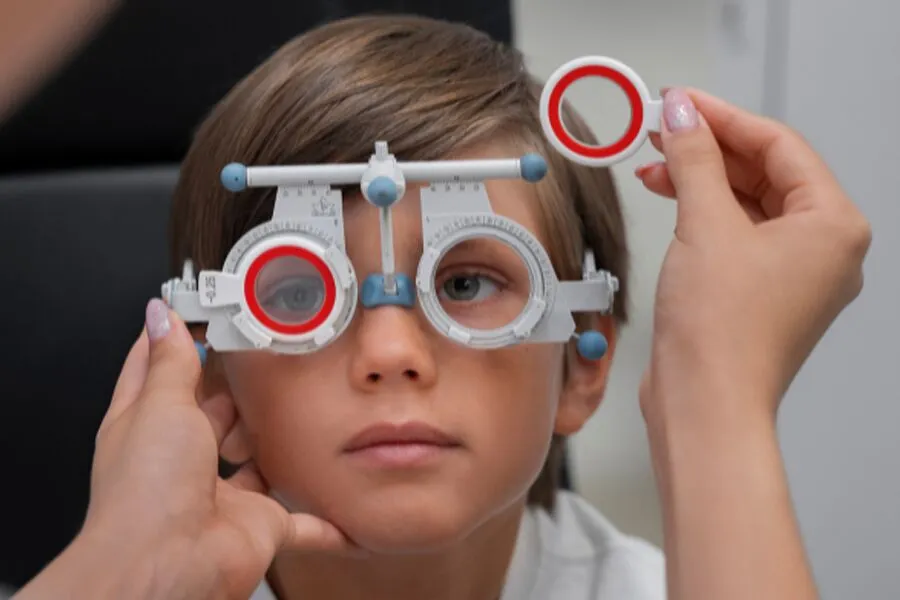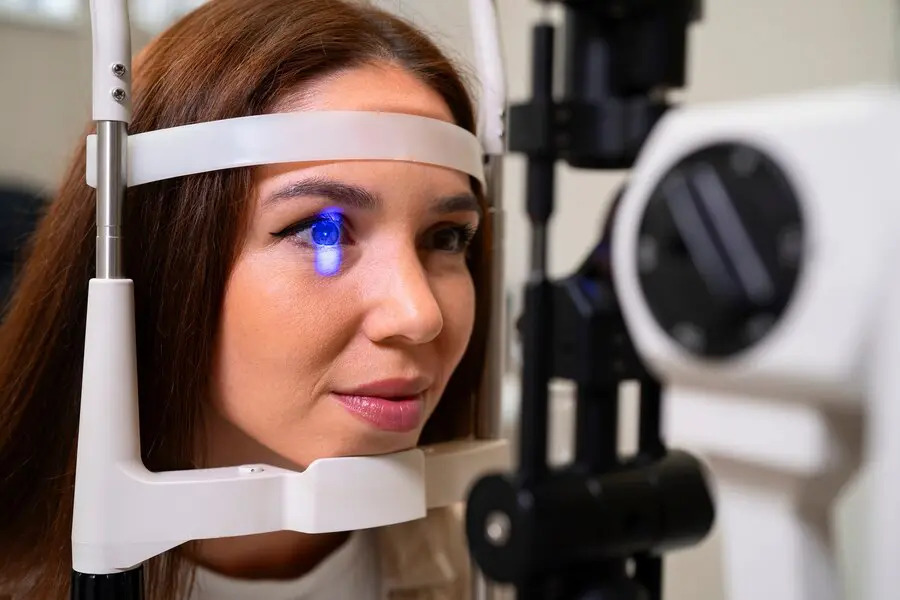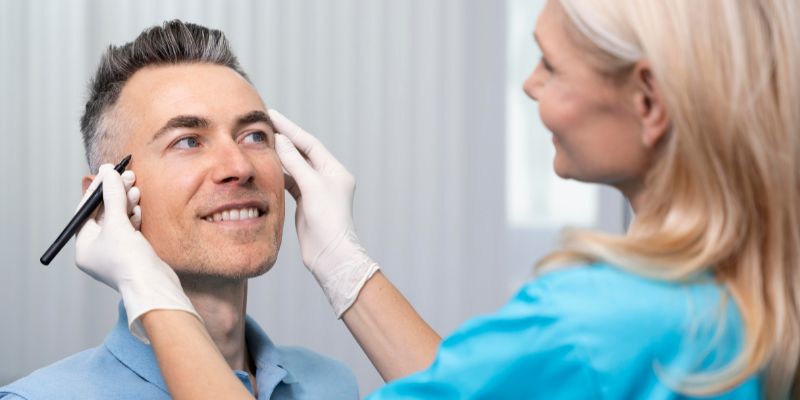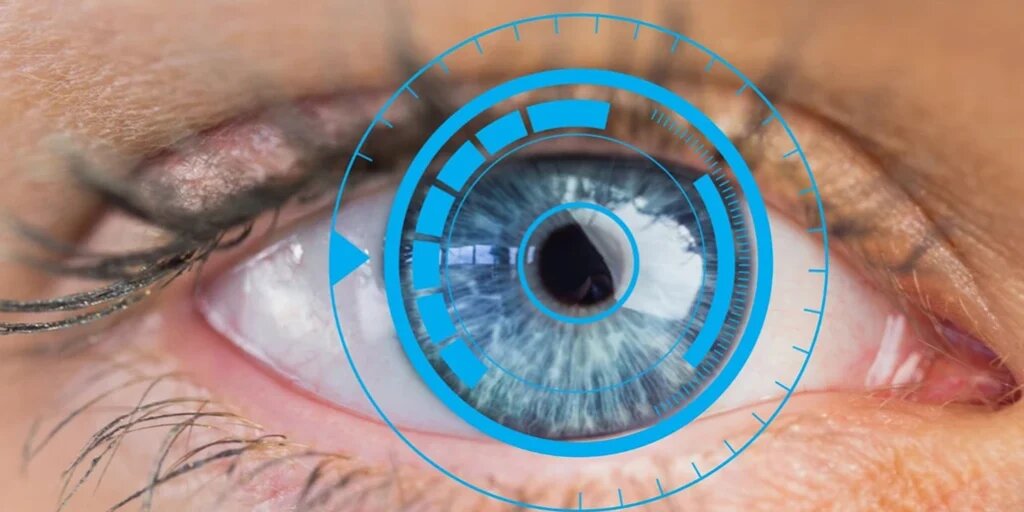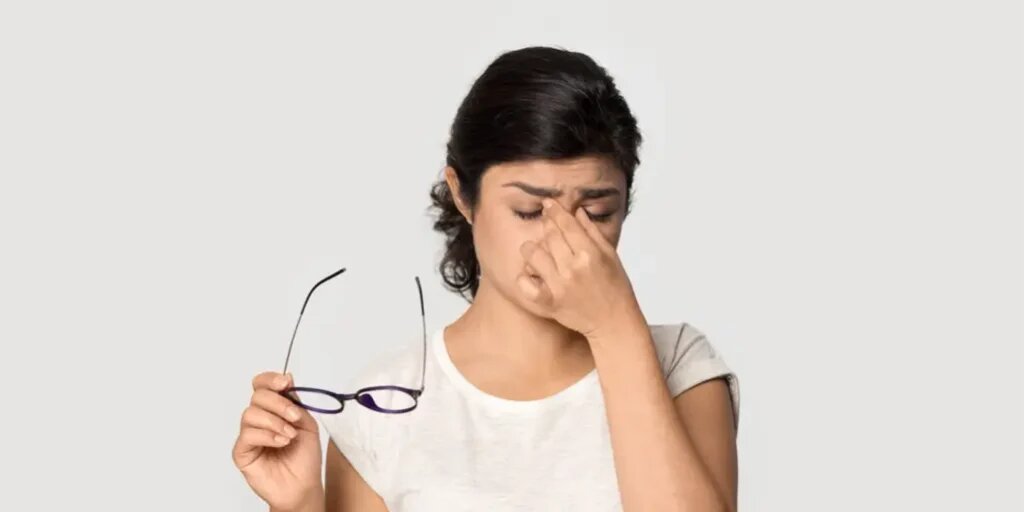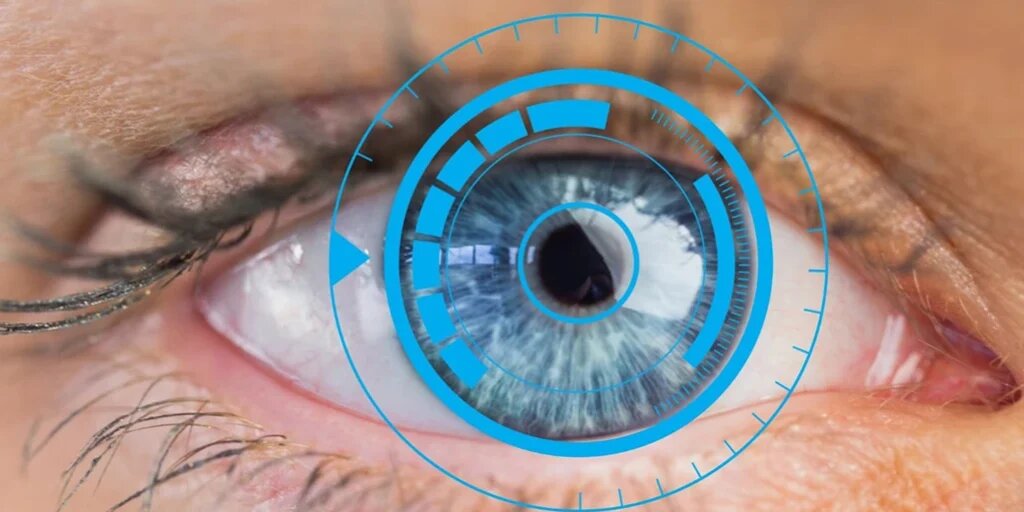 On-Page SEO Optimization – Fix Hidden Errors Killing Rankings!
On-Page SEO Optimization – Fix Hidden Errors Killing Rankings!
Hypertensive Retinopathy: Protecting Your Vision from High Blood Pressure
Written by maxivision021 » Updated on: June 17th, 2025

Hypertension, or high blood pressure, is a common condition that affects millions of people worldwide. While its impact on the heart and kidneys is often discussed, one area that often goes overlooked is the eyes. Over time, uncontrolled high blood pressure can lead to a condition called hypertensive retinopathy, which can cause significant damage to the delicate blood vessels in the retina, the light-sensitive layer at the back of the eye. Understanding how high blood pressure impacts your vision and knowing the available Hypertensive Retinopathy Treatment options can help preserve your eyesight and overall health.
What is Hypertensive Retinopathy?
Hypertensive retinopathy is a condition where high blood pressure causes damage to the small blood vessels in the retina. The retina plays a crucial role in vision by sending visual signals to the brain. When these blood vessels become damaged, it can lead to a range of vision problems, from blurred vision to more severe conditions like vision loss. The longer high blood pressure remains uncontrolled, the greater the risk of developing hypertensive retinopathy and experiencing its effects on vision.
The Link Between High Blood Pressure and Eye Health
High blood pressure can cause the walls of the blood vessels in the retina to thicken or narrow. This restricts blood flow and can lead to bleeding, fluid leakage, or swelling in the retina. In some cases, the retina may become detached, causing significant vision impairment. If left untreated, hypertensive retinopathy can progress and lead to permanent vision loss.
The condition is often asymptomatic in its early stages, which means you may not notice any changes in your vision until significant damage has occurred. Regular eye exams are critical for detecting hypertensive retinopathy early, as the condition may not present noticeable symptoms until it has progressed.
Symptoms of Hypertensive Retinopathy
Since hypertensive retinopathy often develops without warning, many individuals may not notice any symptoms until the condition has advanced. However, some early signs may include:
Blurred or fluctuating vision
Difficulty seeing at night
Seeing spots or floaters in your field of vision
Sudden vision loss or a decrease in vision quality
If you notice any of these symptoms, it's important to seek medical attention immediately. Early detection of hypertensive retinopathy allows for timely intervention, which can prevent further damage to your eyes.
How is Hypertensive Retinopathy Diagnosed?
The diagnosis of hypertensive retinopathy involves a comprehensive eye exam. During the exam, an eye care professional will examine the retina using special instruments to look for signs of damage. This may include:
Fundoscopy: This test involves looking inside the eye with a special magnifying lens to check for signs of retinal damage, such as bleeding or swelling.
Fluorescein Angiography: A special dye is injected into a vein in your arm, and photographs are taken of the retina to assess blood flow and identify any leaks or blockages.
Optical Coherence Tomography (OCT): This test uses light waves to create detailed images of the retina, helping to detect swelling or other changes caused by high blood pressure.
These tests help the eye doctor determine the extent of the damage and develop a treatment plan that may include managing your blood pressure and addressing any vision problems caused by hypertensive retinopathy.
Hypertensive Retinopathy Treatment: Early Intervention is Key
The best hypertensive retinopathy treatment begins with controlling your blood pressure. Since high blood pressure is the primary cause of this condition, managing it effectively can prevent further damage to the retina and preserve your vision. There are several approaches to controlling blood pressure, including:
Lifestyle Changes: A balanced diet, regular exercise, and stress management can help lower blood pressure naturally. Reducing sodium intake, increasing potassium, and consuming foods rich in antioxidants can support heart and eye health.
Medications: In some cases, doctors may prescribe antihypertensive medications to help regulate blood pressure. It's important to follow your doctor's instructions and keep regular appointments to monitor your progress.
Regular Monitoring: Regular visits to your eye care professional and healthcare provider are essential to monitor both your blood pressure and the health of your eyes. Early detection of any changes in your vision allows for prompt action to prevent further damage.
In addition to managing blood pressure, your doctor may recommend specific treatments for hypertensive retinopathy, depending on the severity of the condition. For more advanced stages of hypertensive retinopathy, treatments may include:
Laser Therapy: In cases of retinal bleeding or swelling, laser treatment may be used to seal leaking blood vessels or reduce swelling, improving vision and preventing further damage.
Injections: In some instances, injections of anti-VEGF (vascular endothelial growth factor) medications may be used to reduce swelling and prevent abnormal blood vessel growth in the retina.
Vitrectomy: In rare cases, when retinal detachment occurs, a surgical procedure known as a vitrectomy may be necessary to remove the damaged tissue and repair the retina.
It's important to remember that while treatments can help manage hypertensive retinopathy, the best results occur when the condition is detected early and blood pressure is controlled. Managing your hypertension effectively and seeking timely treatment can reduce the risk of permanent vision loss.
Finding the Right Eye Hospital for Hypertensive Retinopathy Treatment
When it comes to treating hypertensive retinopathy, it's crucial to choose the right healthcare provider who can offer specialized care. A super speciality eye hospital can offer a range of advanced diagnostic tools and treatment options to ensure your eyes receive the best possible care. Look for a hospital with a dedicated team of ophthalmologists and retinal specialists who have experience in managing hypertensive retinopathy.
At such a hospital, you can expect to find a comprehensive approach to your eye health, from diagnosis to treatment. The Best Hypertensive Retinopathy Treatment involves personalized care, where the medical team takes the time to understand your unique health needs and vision goals. Regular follow-ups, thorough monitoring, and the use of cutting-edge technology ensure that your eye health is in expert hands.
Prevention and Maintaining Eye Health
While hypertensive retinopathy is a serious condition, it is preventable with proper care and attention to your overall health. Managing high blood pressure is the most effective way to protect your eyes. Along with taking medications as prescribed, adopting a healthy lifestyle, and attending regular eye exams, you can reduce the risk of developing hypertensive retinopathy and other eye conditions related to high blood pressure.
It's important to remember that your eyes are an essential part of your overall well-being. By prioritizing your health and working with healthcare professionals, you can preserve your vision and avoid long-term complications from hypertension.
Conclusion
Hypertensive retinopathy is a serious condition that can affect your vision if left untreated, but with early detection and proper care, it can be managed effectively. Ensuring that your blood pressure is under control is the first step in protecting your eyes. Regular eye exams, a healthy lifestyle, and a proactive approach to managing hypertension are key to maintaining good vision for years to come. Maxi Vision Eye Hospital
When seeking the best hypertensive retinopathy treatment, choosing a super speciality eye hospital with experienced professionals and advanced technology is essential. At such a hospital, you can receive the comprehensive care you need to safeguard your eye health and enjoy a clear and healthy future.
Note: IndiBlogHub features both user-submitted and editorial content. We do not verify third-party contributions. Read our Disclaimer and Privacy Policyfor details.
Copyright © 2019-2025 IndiBlogHub.com. All rights reserved. Hosted on DigitalOcean for fast, reliable performance.


